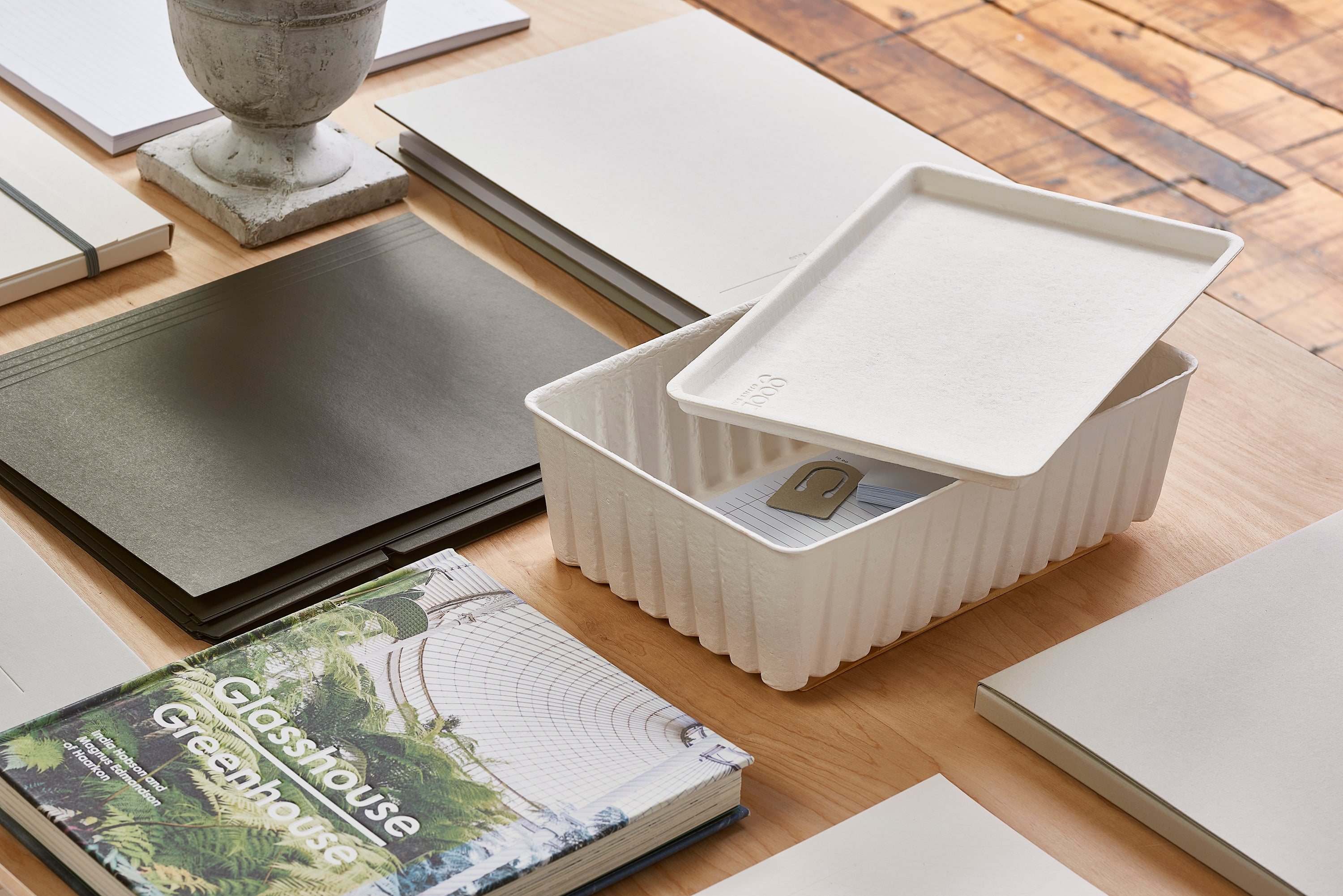

We're hard at work building something great.
Check back soon to explore our new and thoughtfully crafted collection of products – we can't wait to show you.
Contact us at hello@linemodern.com or sign up below for updates.
This store will be powered by Shopify
